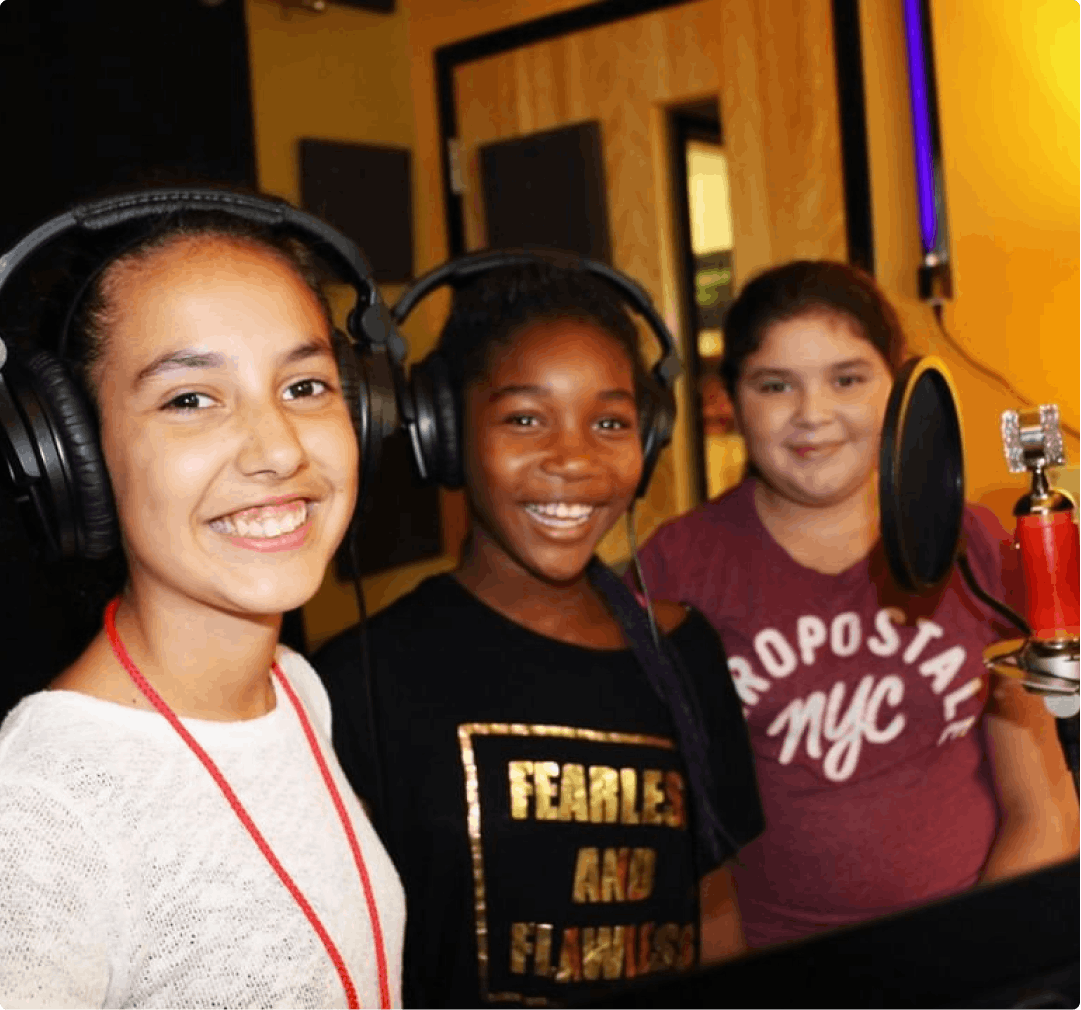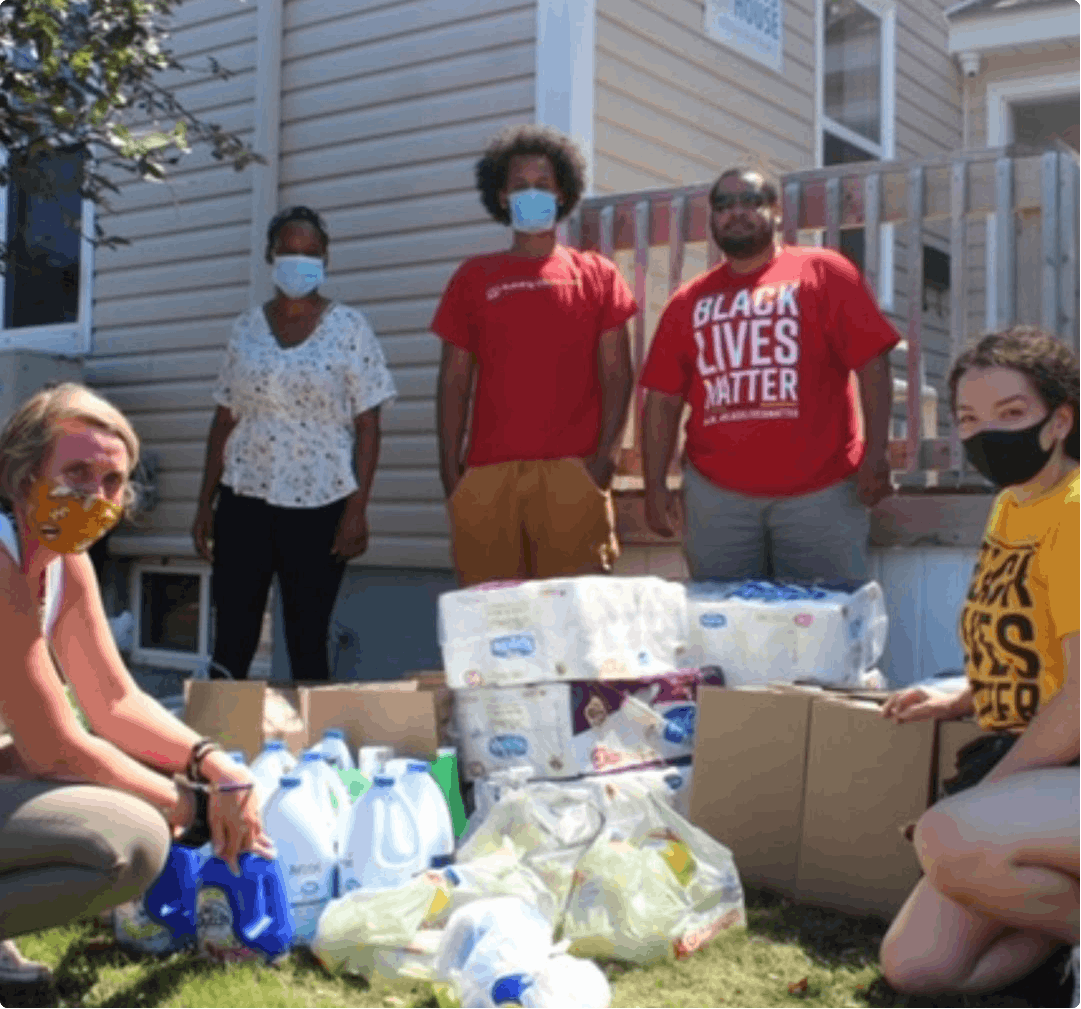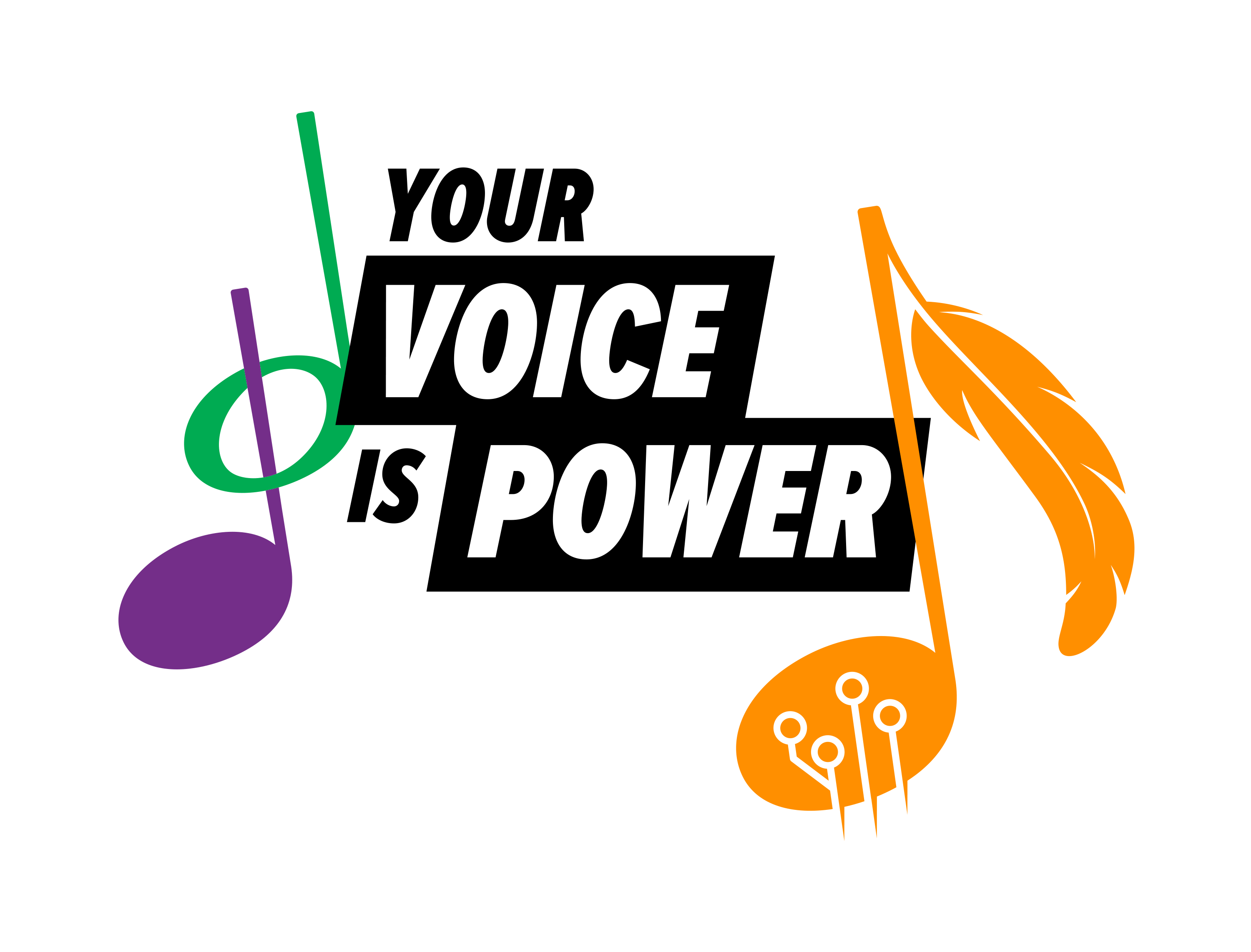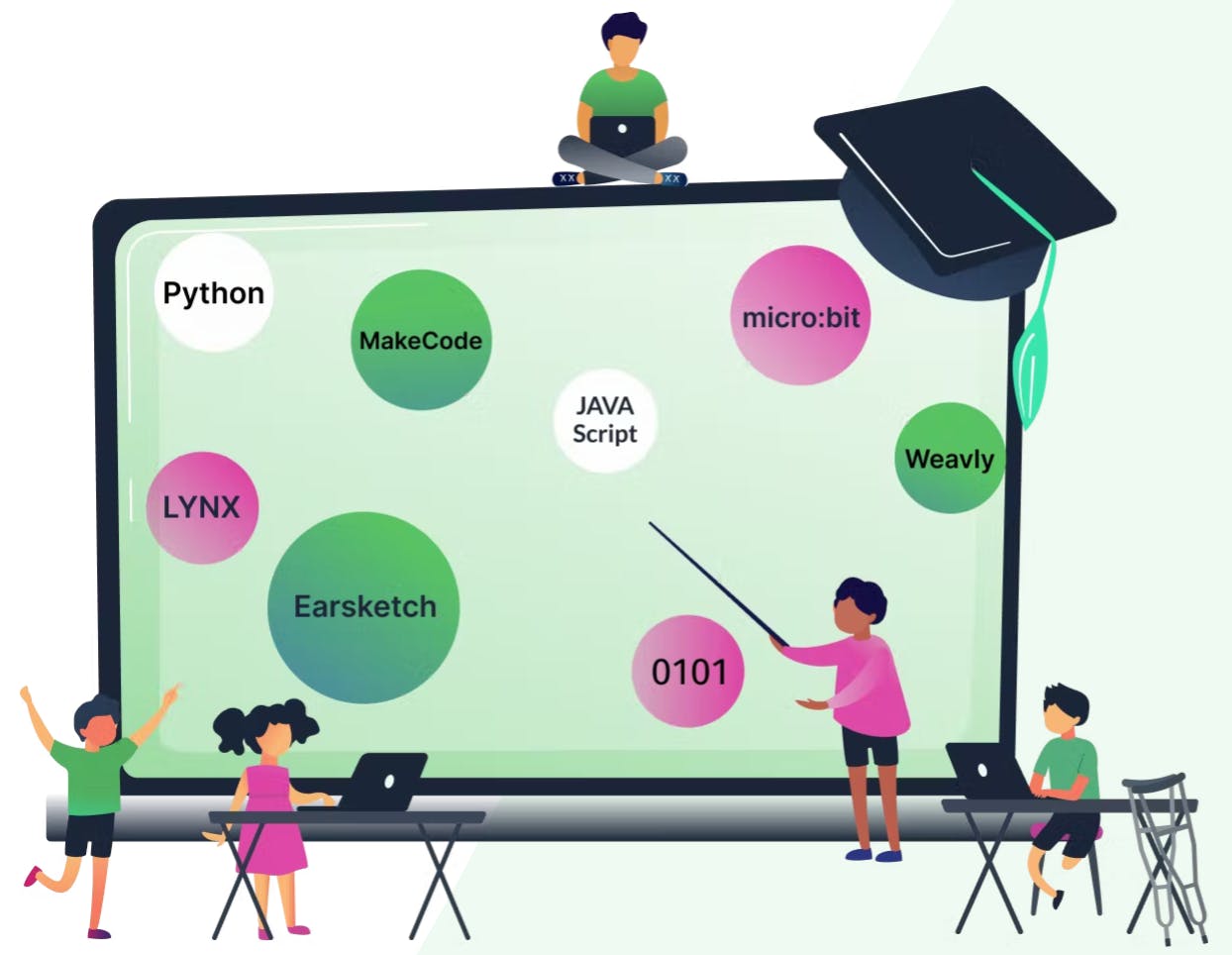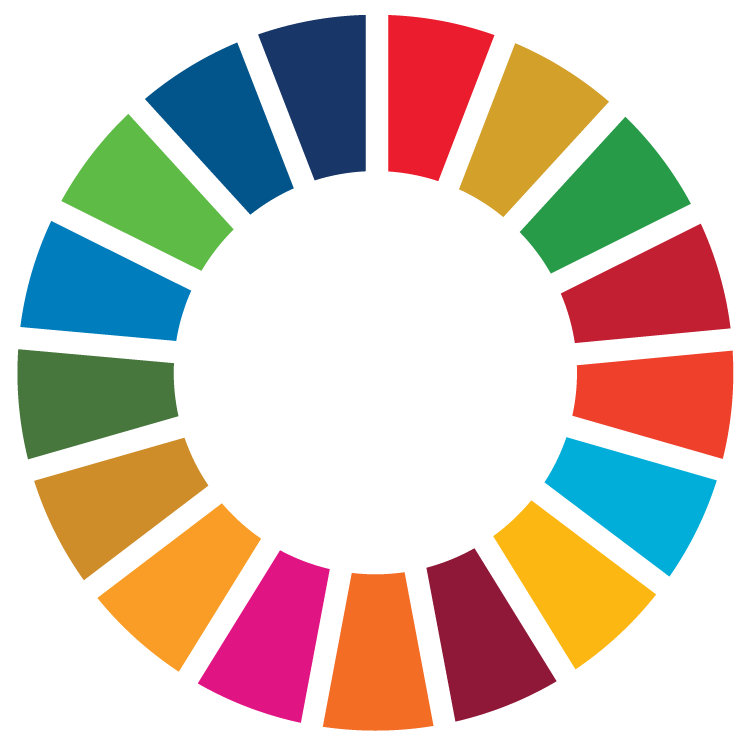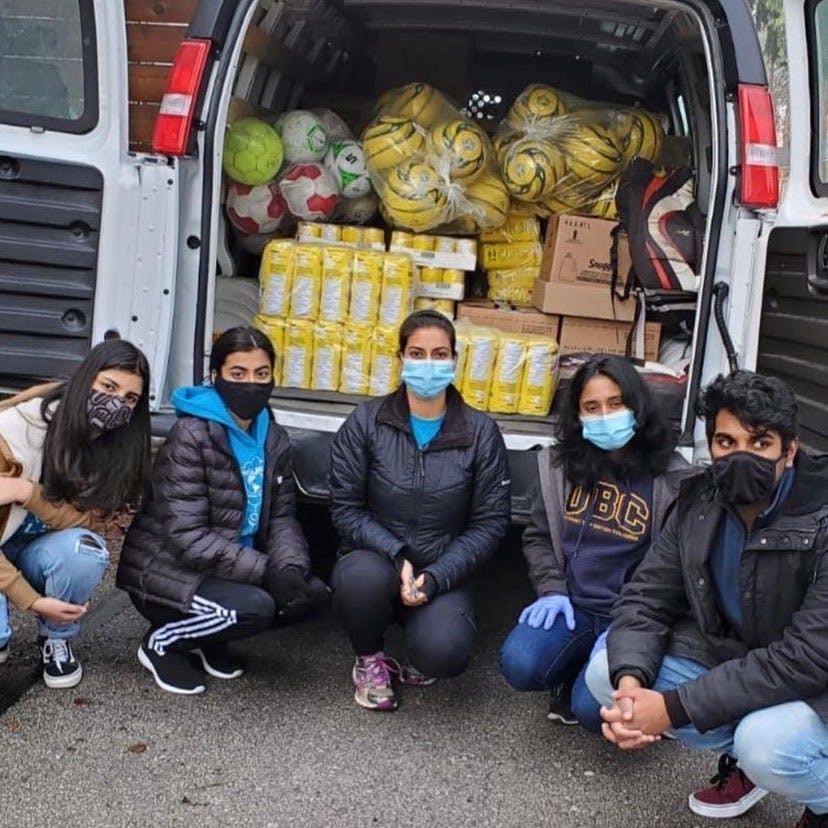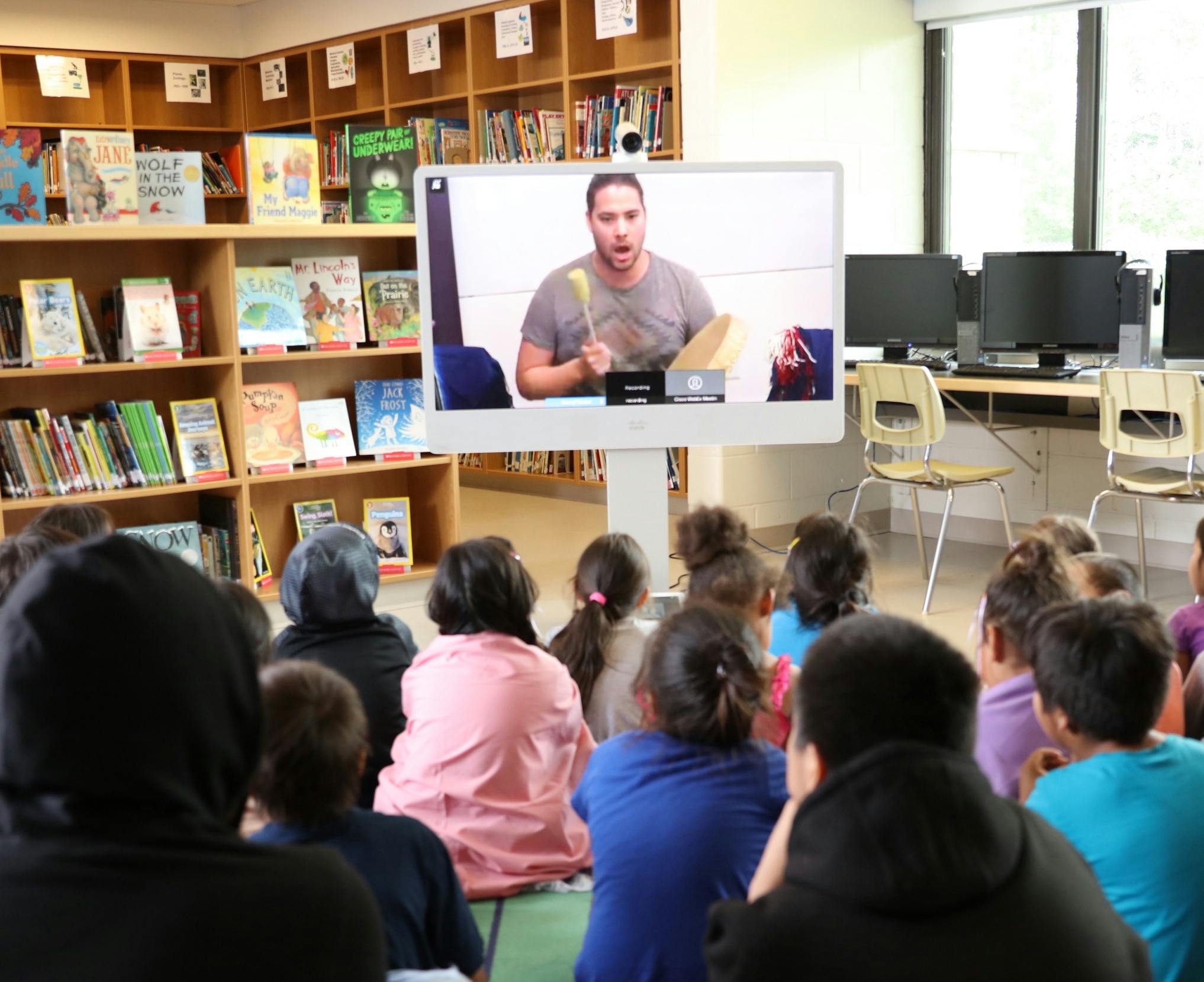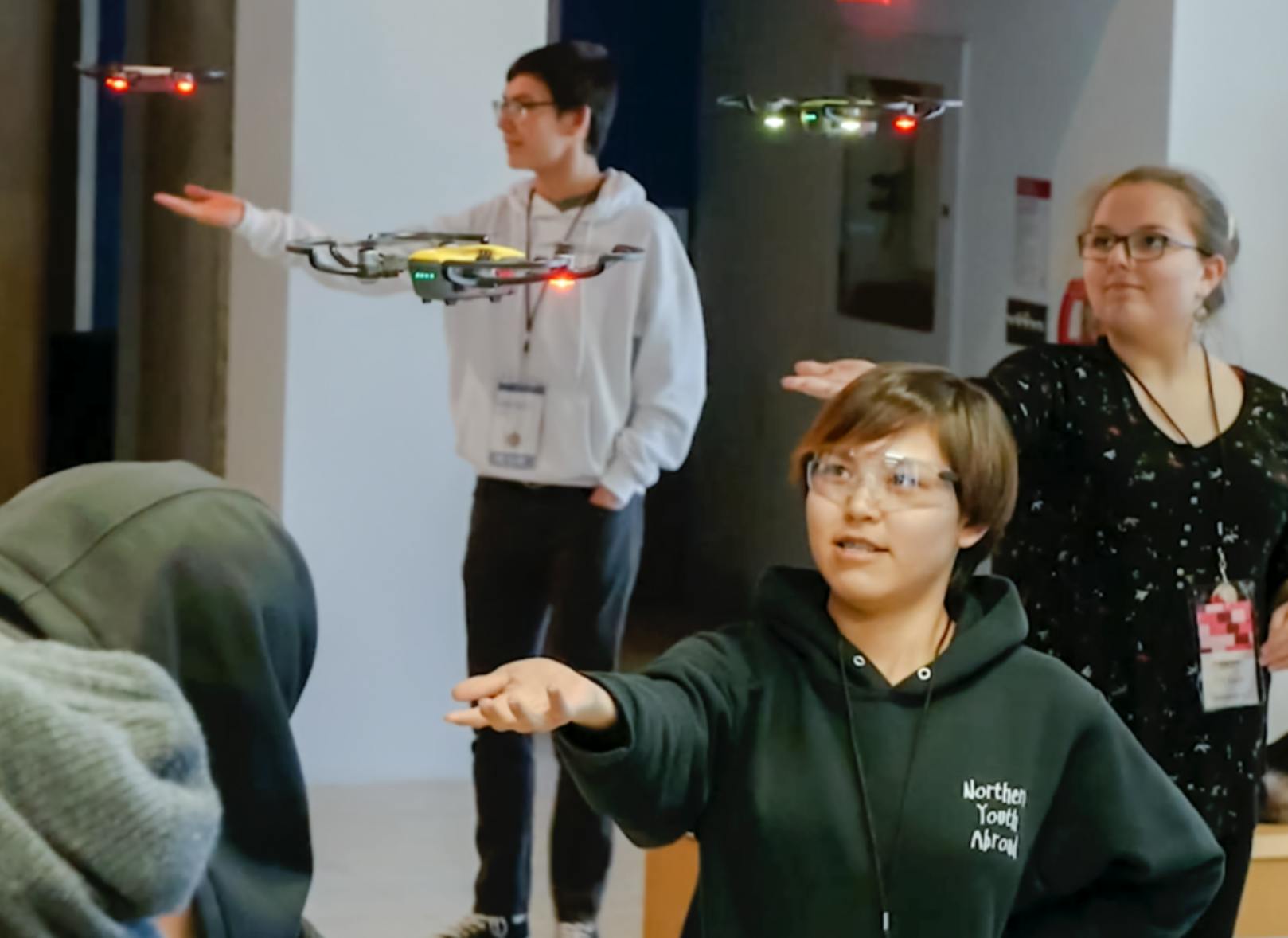Steve Patriarco
Hey all! My name is Steve Patriarco. My passion for rare and endangered wildlife began at a very early age. By age six, I understood the general concept of ecosystems, and the fact that certain... read more Hey all! My name is Steve Patriarco. My passion for rare and endangered wildlife began at a very early age. By age six, I understood the general concept of ecosystems, and the fact that certain habitats, such as tropical rainforests of Borneo and Sumatra, were a veritable treasure trove of these unique species. By high school, I felt that a career in zoo and wild animal veterinary medicine would be the perfect approach to working with - and improving the welfare of - this unique wildlife. Prior to college, I worked for a number of years in animal rescue and adoption centers and began closely shadowing zoo veterinarians in a Florida zoo where an endangered baby orangutan girl was delivered via Caesarian section in 2003. It was not until two years into my pre-veterinary education at Brandeis University that I came to appreciate the true scale of deforestation in the world’s rainforests and to question the effectiveness of medicine as a tool to aid the survival of unique rainforest species. When a bout of mononucleosis forced me to leave school for a full year in 2005, I took the opportunity, once well, to work full-time in two veterinary hospitals. What I witnessed was a steady stream of wildlife affected by issues that were beyond the control of the veterinarians – migratory birds impacted by poorly located cell phone towers, turtles crushed by cars on a newly-constructed road through a bog, and much more. Given all the schooling, training and expertise of the veterinarians with whom I worked, they did not have any tools to address the cause of these problems; they could only address the symptoms. I left this experience knowing that if my goal was ultimately to help protect the world’s rarest wildlife, I had a moral obligation to get to the root of their plight. With a renewed sense of purpose, I began an impassioned quest in 2005 to understand the causes and effects of rainforest loss in Southeast Asia in particular. In doing so, I came to learn the sheer scope and complexity of the issue – namely, the social, economic, cultural and political factors converging to influence such rapid habitat loss. I came to appreciate the far-reaching impacts of this deforestation, not just for unique wildlife, but for rural communities and the global climate. I educated myself on what experts in the fields of science, policy and economics were doing to address this highly complex and challenging issue. Starting in 2005, I reached out to experts to identify what knowledge and key skills I should develop. As my finances did not afford me the privilege of traveling to the region directly, I dedicated the next six years of my life to developing fluency with the tools these experts identified as critical in their work. I found particular inspiration in the work of Dr. Willie Smits, a forester and biologist who, by combining the principles of forestry and sustainable agriculture with conservation education and community empowerment, has helped many rural Indonesians overcome poverty and find sustainable alternatives to depleting their forests to survive. Through researching the work of scientists and local sustainable development organizations, I was also exposed to the powerful spatial analysis technology known as GIS (Geographic Information Systems). This technology has wide applications for helping us to monitor, understand, and improve our interactions with the natural world. It is a technology that I have committed myself to developing great fluency with. Since 2005, I have only deepened my research efforts related to environmental issues in Indonesia and Malaysia. Concurrently, I have worked and trained as an environmental educator, GIS mapping specialist, community advocate and sustainable farming coordinator. My work as environmental educator at Mass Audubon’s Drumlin Farm in 2006 was a seminal experience for me. By educating hundreds of weekly visitors on sustainable farming and environmental stewardship, I came to fully appreciate the role that agriculture can play in shaping the health of the environment. I also came to recognize the profound impact that hands-on environmental education can have on children as well as adults. For the past five years, I have been involved in a wide range of corporate accountability and public awareness initiatives related to the oil palm, paper and pulp, mining and timber industries. While I recognize that many of these activities are critical for the economic development of countries in Southeast Asia, I am concerned that poor compliance with laws designed to protect forests, ecosystem services and indigenous peoples threatens the long-term social and economic stability of these wonderful nations. In the last two years alone, I have spearheaded over 3 dozen campaigns that have resulted in over 300 companies being meaningfully engaged on the social and environmental issues related to their supply chains in Southeast Asia. I am currently a 2012 Fulbright Research Grant Scholar to Indonesia. I will be using my background in GIS, sustainable agriculture, and public environmental education to help the local NGO, Yayasan Palung (Gunung Palung Orangutan Conservation Project), work with local communities to protect Gunung Palung National Park. This Park is home to what is believed to be the single largest population of orangutans left on Earth. My research will focus on conservation education and alternative livelihood initiatives with the local communities, as well as training of Park officials in GIS technologies so that they can map, monitor and protect the rich natural resources of the Park for the benefit of current and future generations. I hope my Fulbright research, together with the AMAZING opportunity of Project Borneo 3D, will begin a long career in which I make tangible contributions to the environment, people and economy of Indonesia. I view Project Borneo 3D as not just an unprecedented opportunity to get the word out on these critical, time-sensitive issues, but also as an *essential* learning experience for me in my career as a conservationist and alternative livelihoods specialist working in the region long-term to affect real change. In 2013-2014, I plan to return to the States to pursue a combined JD/PhD in environmental law and policy and tropical natural resource management. I intend to spend at least half of my studies in Indonesia and Malaysia, with the possibility of forgoing a jurisdoctorate in the US for a law degree in the Indonesian legal system. While I never envisioned myself venturing into fields far removed from wildlife medicine, I am committed to developing whatever knowledge and skills are necessary to make tangible, macro-scale improvements a reality in Southeast Asia.
Visit Steve Patriarco's TIG Profile
